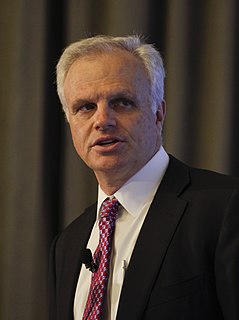A Quote by J. B. Morton
Economy: cutting down other people's wages.
Related Quotes
I have had the view that cutting wages is not the path to prosperity, and one of the great myths propagated about my attitude to industrial relations is that I believe in lower wages. I've never believed in lower wages. Never. Never believed in lower wages, I've never believed in lower wages as an economic instrument.
I tend to go with things people need. Obviously with the barbershop, people will need haircuts regardless of the economy. In a down economy, I choose businesses that don't require a lot of start-up cash or a cash injection on a regular basis. They might need some initially, but not often after. Rental of properties is a good business in a down economy as people struggle with mortgages.
Wages for the ninety-nine percent have gone down, steadily, since 2008. They've gone down especially for the bottom twenty-five percent of the population. This means that they've gone down especially for Blacks and Hispanics and other blue-collar workers. Their net worth has actually turned negative, and they don't have enough money to get by.






































